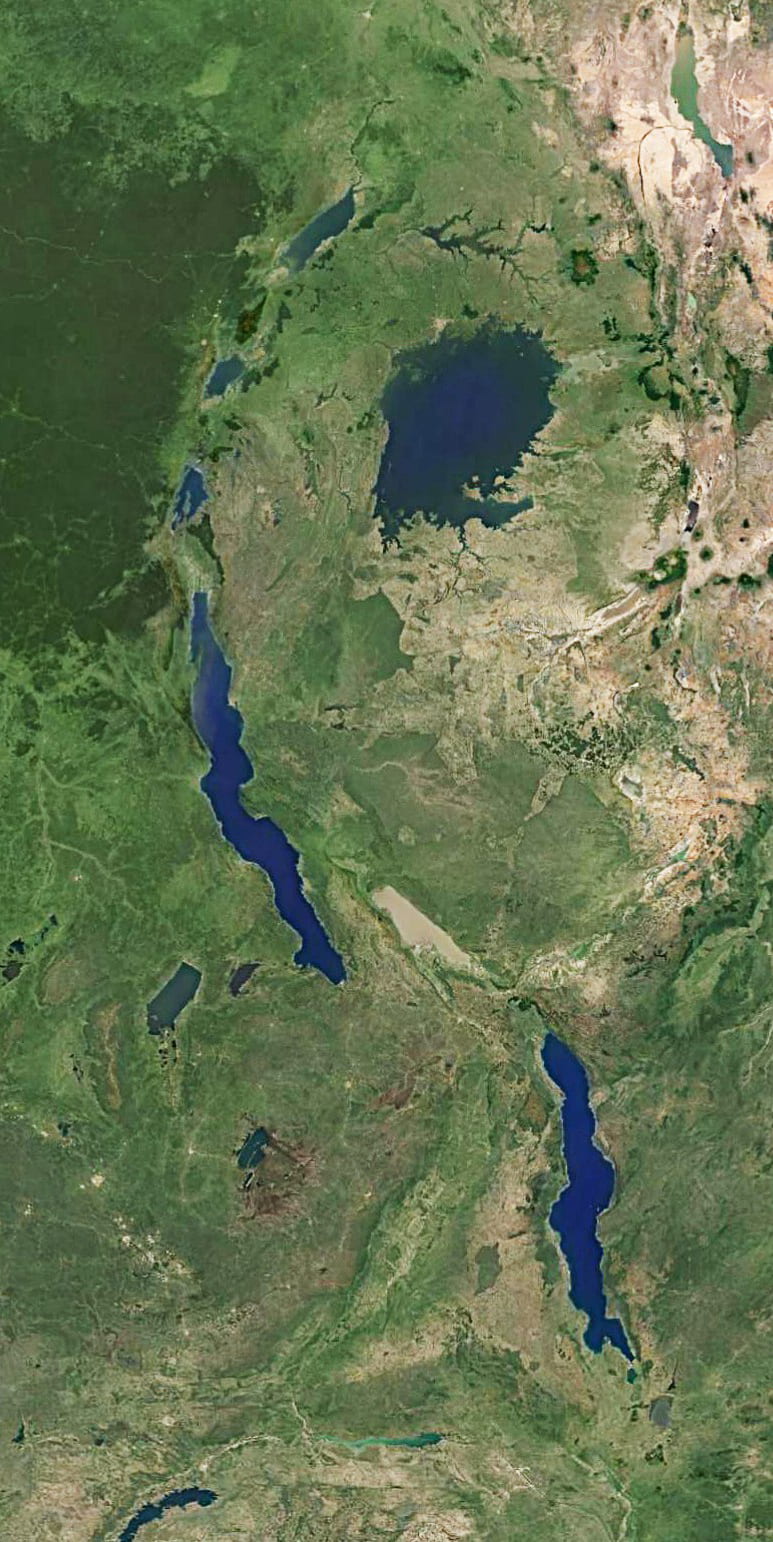Research on Large Lakes of the World
My research is motivated by an interest in how energy flow and biogeochemical cycles at the ecosystem scale are determined by the physical, geological and biological properties of lakes. I am particularly interested in biogeochemical cycles within large lakes, where these cycles are dominated by internal processes. Specific aspects of limnology that interest me include benthic carbon and nutrient flux, phosphorus dynamics, plankton ecology, the application of stable isotopes in biogeochemical and food web studies, and the influence of land use and climate on lake biogeochemical cycles.
My career as a limnologist began on Lake Malawi, where I studied the spatial and temporal dynamics of phytoplankton production and community composition. Since then I have continued to work on the African Great Lakes while also conducting research on the Laurentian Great Lakes, with a focus on Lake Michigan. The challenges facing managers are somewhat similar in these two systems – sustainable management of fisheries, biodiversity conservation, nutrient management, and understanding the effects of a changing climate. Much of our research is designed to address these challenges. At the same time, conducting parallel research on both large tropical and large temperate lakes is expanding our fundamental understanding of how factors such as biodiversity and climate regulate ecosystem functioning.

